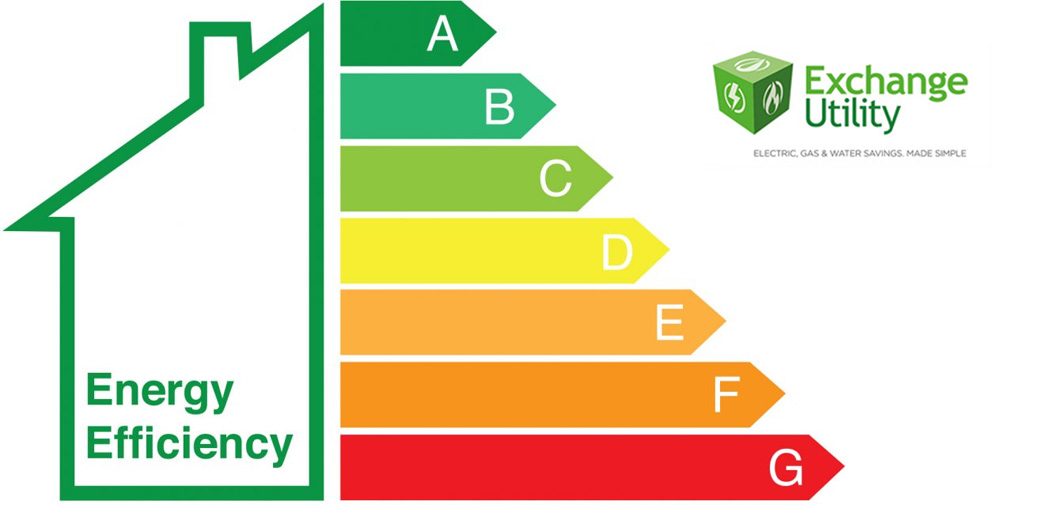New EPC Rating Legislations Now in Place for Landlords
Attention landlords! There are important Energy Performance Certificate legislative changes that you need to adhere to.
Privately rented property now needs to reach an Energy Performance Certificate (EPC) rating of at least E before you are able to grant a new tenancy to new or existing tenants.
If your property’s Energy Performance Certificate fails to meet this standard, you could incur a fine of up to £4000 if you continue to extend or offer new tenancies.
To make sure you are not at risk of being fined, the first step you need to take is to acquire an EPC from an accredited EPC Register assessor.
Getting your property assessed costs between £60-120 to do, but in light of the updated legislation, it’s absolutely worth knowing where your property stands on the EPC scale.
What is an Energy Performance Certificate?

An Energy Performance Certificate (or EPC) is what you’ll receive after your property’s energy efficiency has been assessed. In it, you’ll be provided with a breakdown of how efficient your property currently is and how efficient it has the potential to be if certain improvements are made.
Your property will be awarded a score between 1 – 100, determining your energy efficiency rating.
With the new EPC regulations coming into place, a score less than 39 would indicate your property is not legally equipped to be rented. Helpfully, the EPC will suggest the most effective ways for you to improve its rating and get the property legally prepared to accept new tenants.
How do I improve my property’s energy efficiency rating?
If your property ends up scoring less than an E, it’s not the end of the world.
First of all, the EPC will come with a set of recommendations specific to your situation.
Furthermore, there are a variety of general suggestions you can act on to improve its EPC rating. Some are more costly and intensive than others, but all are worth taking if you want to secure a greener future for your rented property. For example, you can:
- Upgrade insulation – is your insulation up to scratch? To make sure, check that every cavity wall contains proper insulation at least 250mm thick.
- Replace inefficient lighting – an energy-saving CFL or LED light bulb can cut electricity bills by up to £100 over its lifetime, compared to traditional incandescent lighting
- Install double glazing – heat loss through windows is one of the quickest ways for your property to waste energy. With double glazing, you’ll instantly reduce this loss by 75%
- Upgrade your boiler – boiler technology is constantly being improved, and more efficient models are regularly being released. If your property still relies on a boiler from a bygone era, it might be time to invest in a new one.
- Install solar panels – solar panels may cost a lot to install initially, but your property will reap this ultra-clean, ‘free’ energy source for years to come
- Plus so much more -draught proofing, pipework insulation, underfloor heating – anything that makes your house use energy more efficiently will improve its EPC rating. Be creative!
If you’re a landlord, it’s always useful to bear in mind energy-saving measures such as these in order to make sure your properties stay ahead of environmental policy.
Need to know more?
For full details of the new legislation, please refer to this detailed overview regarding the Energy Performance Certificate legislation provided by the Residential Landlords Association.